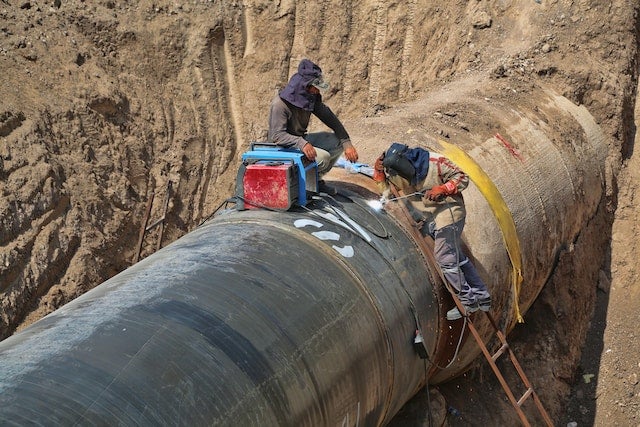
The US Federal Energy Regulatory Commission (FERC) has approved the expansion of TC Energy’s Gas Transmission Northwest (GTN) pipeline system into the Pacific Northwest.
The GTN XPress project will expand the pipeline system with an additional 150,000 dekatherms (dth) per day of firm transportation service to its mainline system.
It entails the installation, construction, modification and operation of natural gas compression facilities at the three existing compressor stations in Idaho, Washington, and Oregon.
With a project life of at least 50 years, the GTN XPress project is expected to provide adequate gas required for 750,000 homes.
The FERC approval comes amid opposition from several members of Congress, governors of Washington and Oregon and the protests by certain environmental groups.
The parties opposing the project said it violates the region’s plans to address climate change and could pose a wildfire risk.
Washington Governor Jay Inslee said: “The federal government has finally begun making tremendous climate investments under the Inflation Reduction Act, but this decision essentially digs the hole deeper and locks in long-term capital investments that prevent us from reaching our national and state goals.
“This is bad for the ability of Washingtonians to breathe and the ability to cost-effectively heat and cool their homes. It makes no sense to shackle ourselves to a source of energy whose cost will go up in the coming decades instead of clean energy sources whose costs are coming down dramatically.”
According to Inslee, TC Energy intends to recover the costs for the pipeline expansion well beyond 2045, which may result in potential cost impacts to consumers.
Washington’s legal greenhouse gas limits require the state to reduce its greenhouse gas emissions by 95% by 2050, and the utilities to transition to 100% clean electricity by 2045, under the Clean Energy Transformation Act.
Inslee added: “This decision also runs contrary to Washington state laws that require our utilities to transition to 100% clean energy by 2045 and will leave consumers on the hook for a costly stranded asset.”
Oregon Senator Jeff Merkley said: “The project will lead to damage of $8.8m and will contribute 1.9 million metric tons of carbon per year in pollution to the Pacific Northwest.”
Last year, Oregon-based Columbia River Inter-Tribal Fish Commission (CRITFC) opposed the project saying that the project is not backed by a public need.
Also, the project will have significant and irreversible effects on the region, based on the review of the project’s draft Environmental Impact Statement (DEIS), said CRITFC.
CRITFC stated: “The project is in direct conflict with tribes’ and states’ climate goals for reducing fossil fuels. If FERC had properly consulted with the tribes of the region, it would be informed of these conflicts and may have provided a robust analysis of potential impacts.”




